Contents
The arrival of Spinal Tap II: The End Continues 41 years after the release of This Is Spinal Tap means an entirely new generation may be asking itself, “Who are these men in wigs, and why are they so silly?” The answer is that they are a product of what we might describe as the Christopher Guest canon, or, if I may be so bold: the Guestiverse. A Guest movie is a distinct experience, and while you’ll be tempted to describe what he does as a mockumentary, he would not like that at all. He has explained many times that his style is faux documentary, as he is adamant that his aim is never to “mock” but to marvel at how seriously people take themselves. He finds a world that interests him, writes an incredibly detailed outline, and then films 80 hours of actors improvising dialogue in it. It’s honestly insane, but the result is deeply satisfying.
Success in art should be judged by how closely the artist comes to realizing their vision. So the metric I will use to rank the films Guest wrote, directed, and/or starred in is how much they adhere to what we now understand as the Christopher Guest style. A truly Guestian work will have most if not all of the following elements: an exploration of a niche world, a faux-documentary style, improvised dialogue, the ability to put on a show, kindness to its characters, and Fred Willard.
Here, then, are each of Guest’s features, ranked from least to most adherent to the laws of Guestiness.
Almost Heroes (1998)
Wrote, directed
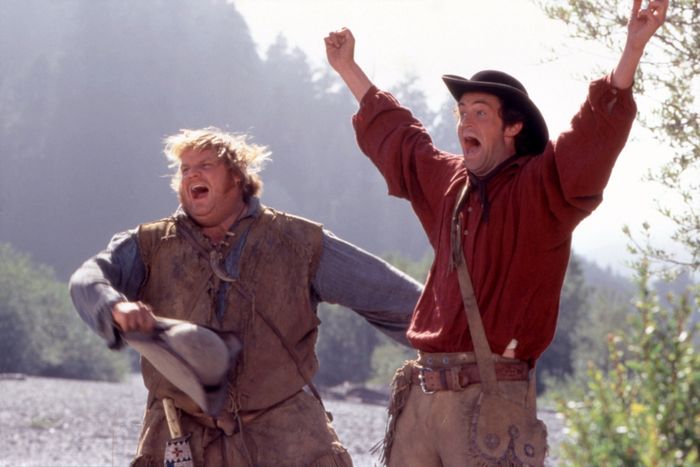
Photo: Warner Bros./Everett Collection
This film is a bummer even if you aren’t aware that it features the last performance of the late Chris Farley, and if it were up to me, it would not be included in the official Guest canon. It follows the adventures of two wannabe Lewis and Clark–style explorers, Farley and the late Matthew Perry, bent on beating their more famous rivals to the Pacific. I would not even believe this to be a Christopher Guest movie if it weren’t for the fact that unions have rules about film credits, so he must’ve really directed it. You could argue it is a movie that explores a world, but the entire American frontier cannot really be considered a niche world. It also contains little to no obvious improv, and watching Farley and Perry try to merge their styles of comedy is like mixing chocolate with spaghetti: It’s allowed, but it makes no sense and ruins two perfectly good things. There is also no Fred Willard at all. At one point, Eugene Levy does show up to play a fur trapper, but theoretically, that could happen in any number of movies. The man books!
Attack of the 50 Foot Woman (1993)
TV Movie, directed
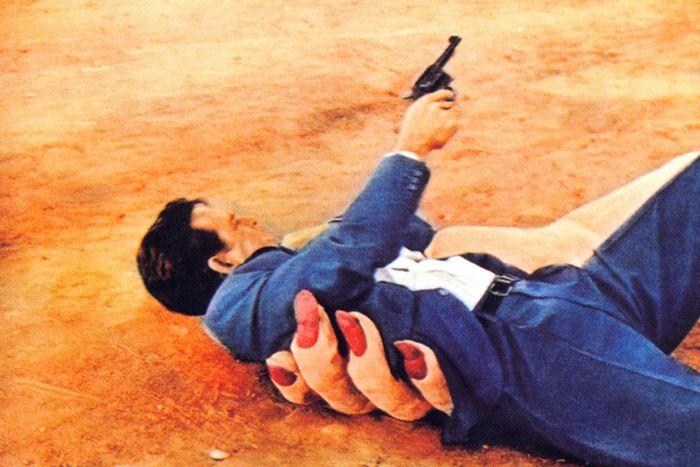
Photo: Everett Collection
It’s a better movie but no more Guestian than Almost Heroes. Perhaps the only reason this should be included in the canon is to correct for the fact that Almost Heroes might have you worrying about the filmmaker’s attitude toward women (there is one woman in that movie, who has almost no lines despite being a love interest). Attack of the 50 Foot Woman reassures us that Guest does support women — he is married to Jamie Lee Curtis, for God’s sake — giving this remake of the 1958 original what the New York Times described as an “even more feminist slant.”
National Lampoon: Lemmings (1973)
Wrote, acted in
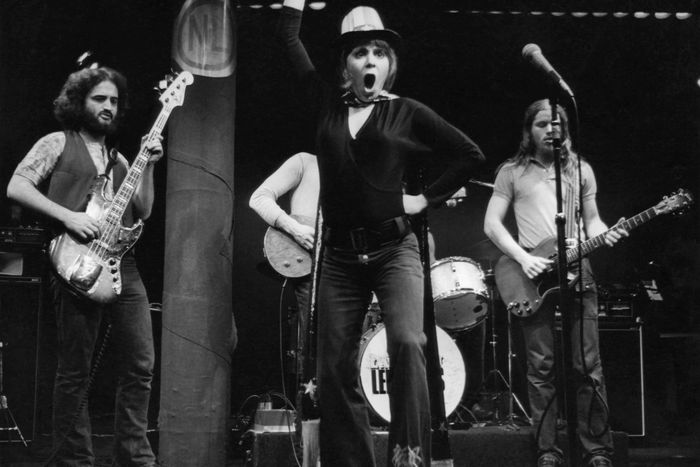
Photo: Glasshouse Images/Alamy Stock
If you’ve ever asked yourself what it would be like to watch the original cast of SNL do a whole concert of joke songs, this is what that is, so hooray for you. The conceit is that the performers are putting on a version of Woodstock in which everyone is supposed to kill themselves. It’s interesting in that it offers an insight into how Guest’s worldview as a ’60s folk-music fan and a boomer could inform his later work. It’s technically a show within a show, and it’s about people trying to fit in with an inherently destructive system (like lemmings, get it?). You could say this was an early taste of Guest’s fascination with live shows and people who do strange things to fit into strange worlds. While there’s probably some improvisation, there’s zero Fred Willard, so while it’s not the least Guestian movie, it’s far from a good example of it.
The Big Picture (1989)
Wrote, directed
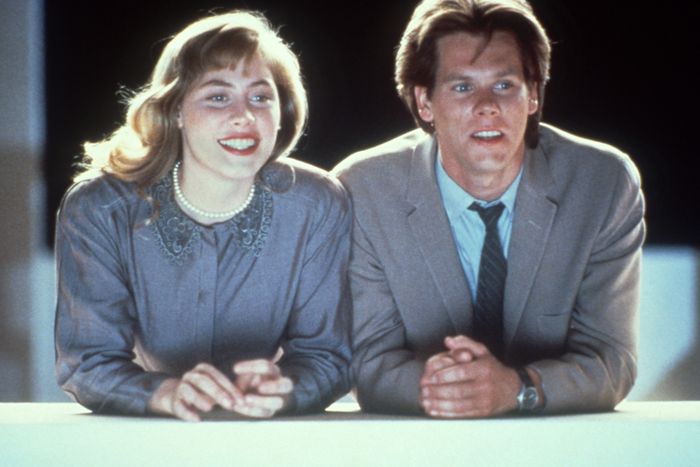
Photo: Columbia Pictures/Everett Collection
A very standard film about a boy who loses his girl by forgetting what’s really important in life and then gets her back when he decides to remember. As a movie, this is fine. As an example of Guest’s work, it’s fascinating. If you squint hard enough, you can practically see the film this should have been living inside the shell of a polished, traditional Hollywood comedy. Jokes that could very well work in his trademark loose-documentary style fall flat when read by actors who’ve simply memorized their lines. But there is a happy ending, and it does explore the world of Hollywood that, in 1989, was probably still considered niche. There is, however, no improv and no Fred Willard. Michael McKean is good in it, though.
Mascots (2016)
Wrote, directed, and acted in
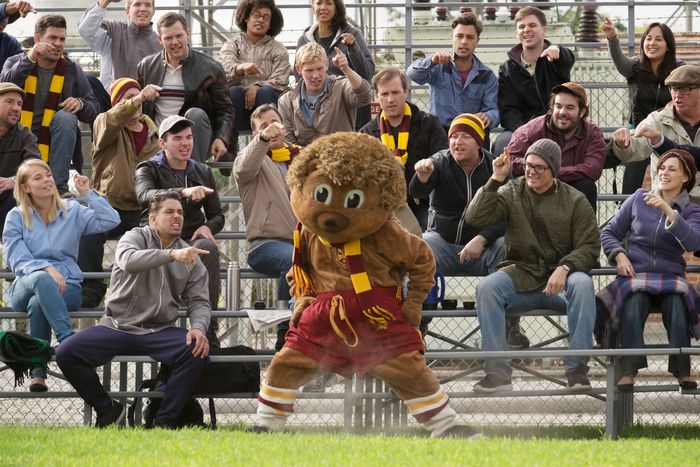
Photo: Scott Garfield/Netflix/Everett Collection
The Netflix film Mascots is the least Guestian of the Guest movies that Guest made once he fully developed his Guestian style, simply because it feels incredibly scripted. It could very well be that the actors in this — a mixture of Guest regulars like Parker Posey and Guest rookies like Zach Woods — are just so good at improv I cannot tell they are doing it. But there is a polished nature to this film that just doesn’t track with the films ranked above this. Also, while a trademark of a Guest movie is kindness to its characters, Wood’s character and his wife — played by Sarah Baker — are in a very toxic marriage that doesn’t end up any better off than before. It does, however, explore the niche world of mascots, and it includes a relatively small Fred Willard role. Guest himself even reprises what is arguably his most famous role, Corky St. Clair. Still, this movie is itself a mascot-costume version of a Guest movie: It’s made to look like one thing, but pretty much anyone could be inside it.
Click here to preview your posts with PRO themes ››
For Your Consideration (2006)
Wrote, directed, and acted in
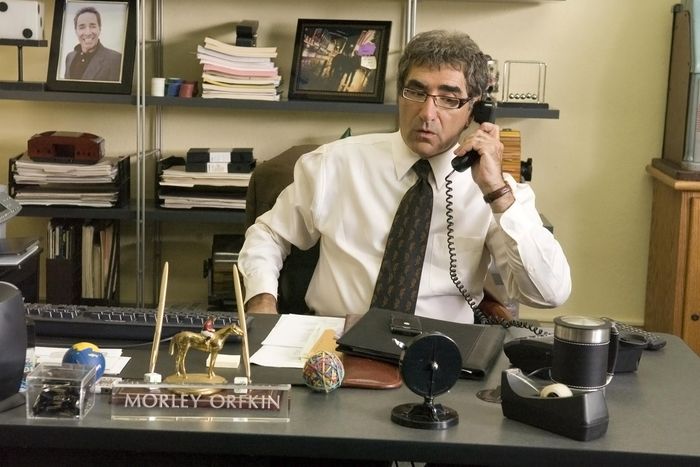
Photo: Warner Independent Pictures/Everett Collection
For Your Consideration is the least Guestian of the Guest core, and while it is considerably better than The Big Picture in almost every way, it’s clear the filmmaker has strong feelings about the business of show. He again depicts the Hollywood machine in action, this time from within an accidental awards campaign that springs up around a small film called Home for Purim. It’s set in the niche world of the Hollywood awards campaign, it features a movie within a movie, it feels loose in the way it should, and it has Fred Willard with a mohawk. But this is a film that I do not believe likes its characters at all. Catherine O’Hara’s Marilyn Hack is one of the most tragic characters in the Guestiverse. When she doesn’t get nominated for an Oscar, she actually whimpers and pathetically pleads with her television for a different outcome. The film itself ends on a shot of her surgically mutilated face as she insists to the acting class she is teaching that she is comfortable in her own skin. It is just so dark.
A Mighty Wind (2003)
Co-wrote, directed, co-wrote music
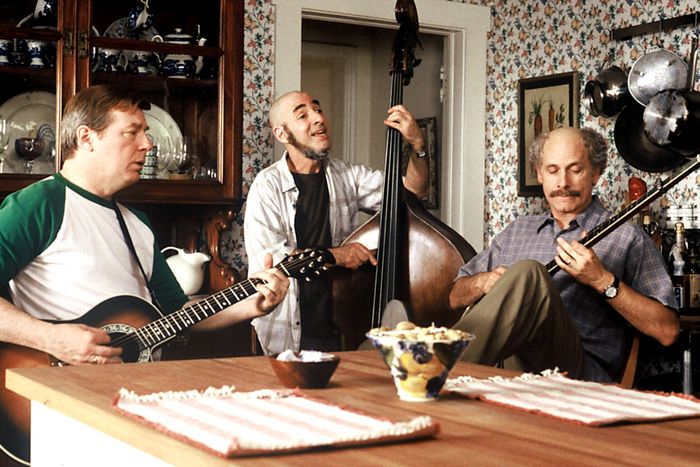
Photo: Warner Bros./Everett Collection
A Mighty Wind takes us into the run-up to a concert being put on by Jonathan Steinbloom in honor of his late father, Irving, a producer of folk music. He is played by Bob Balaban, and if you are watching a Christopher Guest movie and Bob Balaban plays someone who is in charge of something, rest assured you are in the right place. It’s also exactly as loose as it needs to be, to the point where one scene ends abruptly because in the midst of an improvised argument, Michael Hitchcock hits Balaban square on his head. This also explores the world of 1960s folk music, a thing Guest himself is really into, which I think counts for and against it by my metrics — although it’s technically niche, it’s a world Guest already knew about, and that’s sort of cheating.
This Is Spinal Tap (1984)
Wrote, acted in
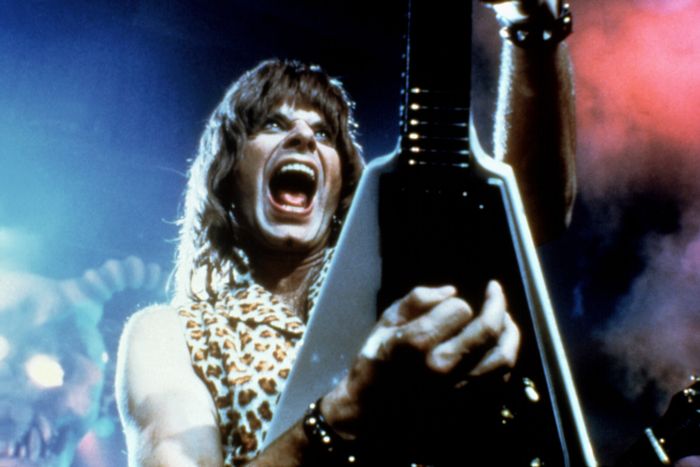
Photo: Embassy Pictures/Everett Collection
This is a good movie, but it looms large in the Guestian canon simply because it was the first iteration of the style that would be associated with Guest for years to come — even though it was directed by Rob Reiner. It’s a comedic documentary about a band on tour in America as their popularity dwindles, an exploration of the world of rock ’n’ roll inspired heavily by the 1970 documentary film Gimme Shelter. There are a number of live shows in this, the dialogue is heavily improvised, each character is sympathetic, and the band gets to reclaim their fame in Japan at the end. However, there is barely any Fred Willard. Just a tiny bit!
Waiting for Guffman (1996)
Wrote, directed, and acted in
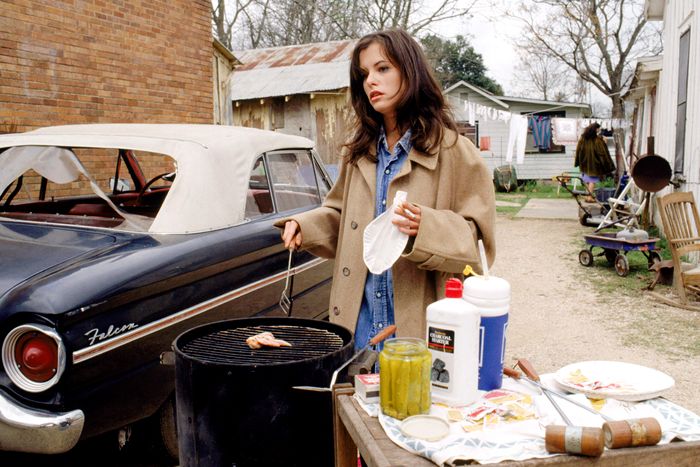
Photo: Sony Pictures/Everett Collection
Guffman holds the honor of being the point at which contemporaneous audiences first experienced a real, unadulterated Christopher Guest movie. He stars in it as Corky St. Clair, an actor who flees the cruel grind of hacking it in New York City for a more simple life in Blaine, Missouri. St. Clair is tapped to stage a musical about the town’s founding to celebrate the 150th anniversary of the event, which quickly becomes a much bigger deal than it needs to be when a producer (the titular Guffman) writes that he’s traveling to Blaine to see the show. The rest of the cast all would become regular and important Guest collaborators: Eugene Levy, Catherine O’Hara, Parker Posey, Bob Balaban (he is in charge of the music for the show), and importantly, Fred Willard. He’s not only in this movie; he and O’Hara play married travel agents who have never left Blaine but regularly star in St. Clair’s local productions. It’s very, very Guest.
Best in Show (2000)
Wrote, directed, and acted in
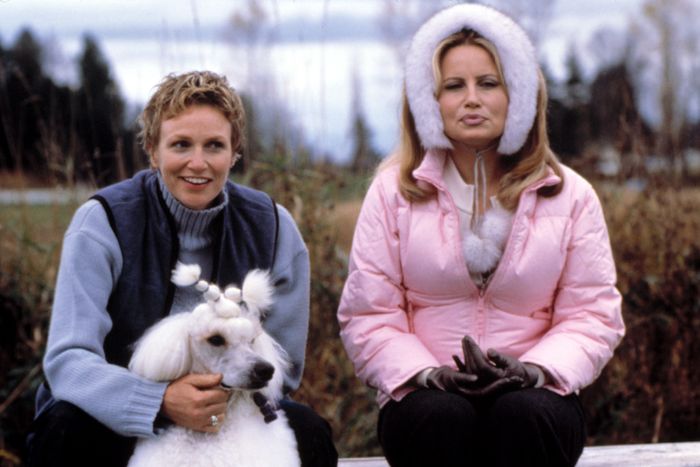
Photo: Warner Bros./Everett Collection
When you like making movies about people passionately doing something that looks nuts to other people, the entertainment business is an easy target. The music business, theater, Hollywood — these are obvious places to find folks who live in constant delusion, not to mention places Guest was already well familiar with. This makes Best in Show his standout work. Inspired by a snooty interaction he had with his rescue mutt at a dog park, Guest dives headfirst into a world he had never previously been a part of, re-creating it in stunning detail with his full company of players. The gang is very much all here and playing to their strengths: Bob Balaban is in charge of the dog show, Eugene Levy (who co-wrote the film with Guest) has two left feet, Catherine O’Hara is a perky gal with a past, Jennifer Coolidge is a trophy wife with a secret, Parker Posey is a neurotic yuppie with braces who screams her heart out — I could go on. As an added bonus, Guest himself plays a southern man named Harlan who shares the real-life Guest’s passion for fly-fishing. The film is loose and fun, it’s about the biggest show a dog could possibly go to, and Fred Willard isn’t just in this movie, he’s the entire third act of the film. This is the Christopher Guest experience, fully baked, completely realized, a true pure breed.


